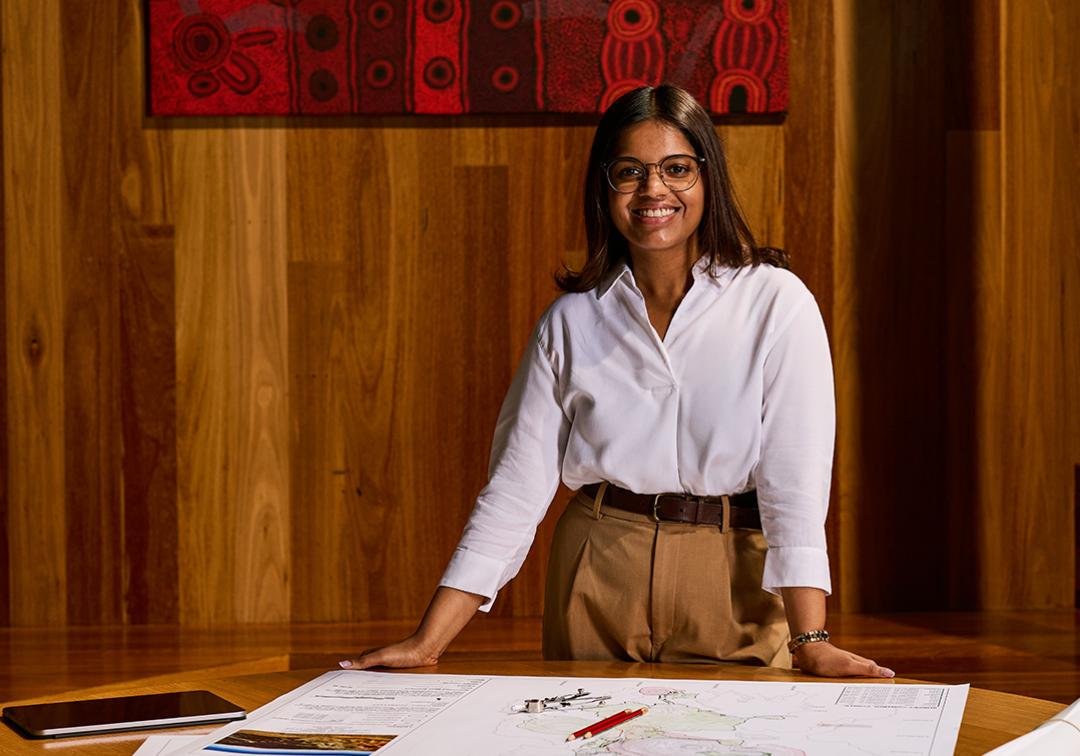
The Master of Engineering Science (Electrical Engineering) degree will develop students with technical and research skills, a global perspective on professional engineering practice and the competence to identify and apply current practice to solve real-world engineering problems.
All students complete a two-semester research project or industry placement giving you invaluable experience in developing, managing and delivering on complex projects.
Careers
Electrical engineers are employed in a wide range of organisations including industries, educational institutions, companies and governments. Some graduates also go on to establish their own companies early in their careers. Electrical engineers typically find careers in areas such as:
- Telecommunications
- Signal and image processing
- Robotics and intelligent systems
- Computer systems
- Electric power generation transmission and distribution
- Biomedical instrumentation, imaging, diagnostics and decision support systems
- Mining and transport
- Defense, aviation and automotive technologies
Average annual salary range
Electrical Engineer
seek.com.au
Events
See all events
29 June - 6 July
Year 11 Queensland Chemistry Winter School

29 June
Queensland Biology Winter School, Year 12

1 July
International Baccalaureate Research Skills Program
Stories
See all stories
Uni life
What’s it like to study resource development (mining) as a postgraduate?
6-minute read

Study tips
5 must-study environment and sustainability courses
8-minute read

Study tips
UQ science scholarships to help fund your studies
8-minute read
Stories
See all stories
Uni life
What’s it like to study resource development (mining) as a postgraduate?
6-minute read

UQ people
From firefighting robots to rocket science: Vennkkata’s UQ experience
5-minute read

Study tips
5 must-study environment and sustainability courses
8-minute read
How you'll learn
Your learning experiences are designed to best suit the learning outcomes of the courses you choose.
- Lectures
- Tutorials
- Research experience
- Laboratory work
- Fieldwork
What you'll study
At UQ, subjects are called 'courses'. Here's a sample of the courses you could study:
- Embedded Systems Design and Interfacing
- Electrical Energy Conversion and Utilisation
- Operating Systems Architecture
- Computer Networks
Keep up to date
Sign up to get information about applying and studying at UQ.
